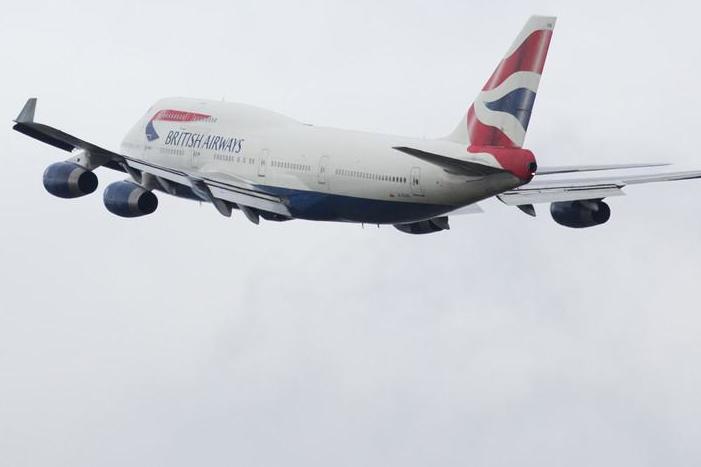British Airways boss says airlines must ‘think about flying in different ways’ to reduce environmental impact
‘When we look at the next 100 years we have to be thinking about flying in different ways’

British Airways and its competitor airlines "have to be thinking about flying in different ways" to reduce their environmental impact, its chief executive has said.
Alex Cruz said airlines cannot operate exactly as they have done "over the last 100 years" and must adapt by changing how they fly, including the services they offer and the seating density of their planes.
BA is already investing millions of pounds in sustainable jet fuel produced from household waste while easyJet is working on plans for an electric-powered aircraft that could be used on short flights.
Mr Cruz said he had been inspired by conversations with his four children on the subject and insisted BA was "absolutely committed" to using sustainable fuels.
Speaking to The Independent onboard the airline's brand new A350 jet, which features BA's upgraded business class offering complete with lie flat bed and sliding door, Mr Cruz said it was "impossible ... not to be affected" by the views of young people as they were growing up in a "completely different environment".
He said: "We believe that flying makes absolute sense for the development of the world, but at the same time we don't believe that flying can be done like it has been done over the last 100 years.
"So when we look at the next 100 years we have to be thinking about flying in different ways.
"And that includes experiences on the ground: how do you prepare, what you load on the aircraft, the type of food you offer, how you offer it, the seats, the density, etc. There are many, many aspects around flying in the future – we are going to be there, I just don't know what the shape is going to be."
He added: "It is going to be dictated by our collective values which sometimes are generated in our kitchens when we have discussions with our teenagers and they tell us 'what are you doing about this'. So BA will adapt, it has been adapting and it will adapt.
"I think it is impossible for anybody not to be affected somehow [by those conversations], because they [his teenage children] are growing up in a completely different environment than what we grew up in. So the conversations are frequent, the debate is frequent and I think that anybody who has teenagers or young people in the family will be having these sort of discussions. And certainly in my kitchen there are quite a few of those discussions taking place every week."
BA's parent company, IAG, plans to invest $400m (£328m) on developing alternative sustainable fuels over the next two decades.
The airline is also the first in Europe to invest in building a plant that converts organic household waste into jet fuel.
Earlier this summer a team at University College London won a BA-sponsored sustainable fuel competition which researchers hope will, by the middle of this century, enable 3.5million tonnes of jet fuel to be produced annually using converted household waste at plants attached to landfill sites around the UK.
Join our commenting forum
Join thought-provoking conversations, follow other Independent readers and see their replies
Comments
Bookmark popover
Removed from bookmarks